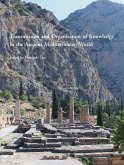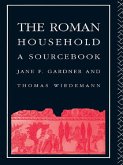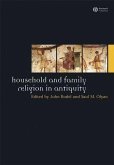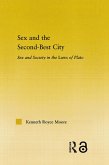Olynthus, an ancient city in northern Greece, was preserved in an exceptionally complete state after its abrupt sacking by Phillip II of Macedon in 348 B.C., and excavations in the 1920s and 1930s uncovered more than a hundred houses and their contents. In this book Nicholas Cahill analyzes the results of the excavations to reconstruct the daily lives of the ancient Greeks, the organization of their public and domestic space, and the economic and social patterns in the city.Cahill compares the realities of daily life as revealed by the archaeological remains with theories of ideal social and household organization espoused by ancient Greek authors. Describing the enormous variety of domestic arrangements, he examines patterns and differences in the design of houses, in the occupations of owners, and in the articulations between household and urban economies, the value of land, and other aspects of ancient life throughout the city. He thus challenges the traditional view that the Greeks had one standard household model and approach to city planning. He shows how the Greeks reconciled conflicting demands of ideal and practice, for instance between egalitarianism and social inequality or between the normative roles of men and women and roles demanded by economic necessities.The book, which is extensively illustrated with plans and photographs, is supported by a Web site containing a database of the architecture and finds from the excavations linked to plans of the site.
Dieser Download kann aus rechtlichen Gründen nur mit Rechnungsadresse in A, B, BG, CY, CZ, D, DK, EW, E, FIN, F, GR, HR, H, IRL, I, LT, L, LR, M, NL, PL, P, R, S, SLO, SK ausgeliefert werden.









